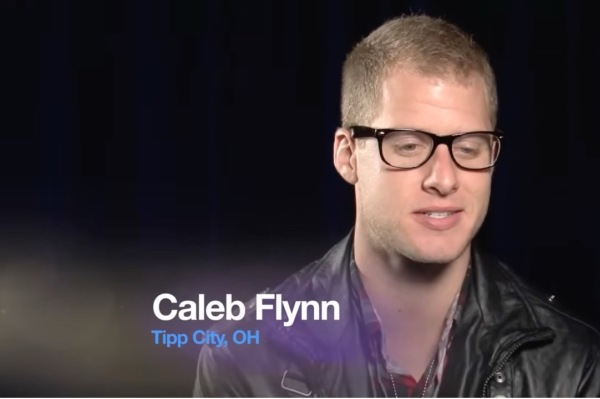Priests for Life holds day of mourning for baby killed in abortion broadcast by NPR

A pro-life advocacy group is urging Americans to observe Saturday as a day of prayer and mourning for the unborn child whose death was broadcast by National Public Radio last month.
The Catholic organization Priests for Life announced the day of mourning last week, urging pro-lifers to take time to honor the baby and pray for the mother. Pro-lifers can pray and fast individually or do so with a church group.
Priests for Life penned an open letter addressing the unborn child, mother, abortion facility staff and the NPR team, calling for repentance.
In an interview with The Christian Post, Priests for Life National Director Father Frank Pavone said the idea came from one of the group's most "active priests," Father Alan Bernander.
Father Bernander christened the aborted child with the name Amanda Marie, which means "she who ought to be loved."
"It's a great idea because it is very much in line with the pastoral work that we do throughout the year with abortion generally," Pavone said. "We're always trying to point to the humanity of the child. We're always trying to point to the human cost of abortion."
While Pavone supports showing people the truth about what happens during an abortion via the media, he contends NPR did not show what the procedure entails. NPR shared audio on Nov. 4 from host Kate Wells' reporting inside the Northland Family Planning clinic in Sterling.
The priest noted that the outlet focused on the conversation between the abortionist and her assistant and the sound of the suction machine, saying nothing about the baby that was killed.
"The reason they don't do that, of course, is because they're not trying to show people what abortion is," Pavone said. "They're trying to trivialize it and normalize it and destigmatize it."
The pro-life leader said NPR's reason for airing the audio was to elicit support for Michigan's Proposal 3 ballot initiative. Voters approved the measure this past midterm election cycle, amending the state's constitution to guarantee a right to abortion.
Pavone said the day of mourning is intended to remind people that what they heard in the audio was "the taking of the life of a human being."
"What we're trying to do is the opposite of trivializing it," he said. "What we're trying to do is rehumanize."
The hope is that people who understand what is happening morally in an abortion will take the time to give dignity back to the unborn child and lift up those who are wounded by the abortion, according to Pavone. This not only includes the baby who is killed but the mother as well.
"And even the clinic staff, the other two women that we heard, the abortion providers, these people are wounded," he said. "We work with them all the time, and we know the damage that this does to them."
Priests for Life expects "thousands" to participate in the day of mourning. Pavone said a "core group" of supporters typically respond to events like this. He cited the National Day of Remembrance for Aborted Children in September as an example, noting that there's always a committed group of people prepared to participate and honor unborn children.
While Pavone doesn't expect NPR to respond, he hopes that the outlet and anyone involved with the broadcast will at least hear it, stating that the abortion issue is a "matter of long-term conversation."
"We know that on a human level, this always makes people think, even if they don't want to think about it," he said. "It's a dimension that we're calling on now and saying, 'Hey, why didn't you mention how well the baby was already developed?'"
Pavone noted that after the abortion, the clinic staff would have had to ensure the body parts were collected and disposed of, a fact the NPR broadcast chose not to acknowledge.
"So it's like we're calling them out for their glaring omissions," Pavone said. "And these are the things that, if to the extent that the people involved in this support legal abortion, these are the things they don't want to think about, and they don't want others to think about."
"To call them out on that is always important, and it's to some extent always effective because human beings, just on a national level, we respond to this kind of thing," he continued. "And my hope is that some of them will read it, and some of them will think about it."
As CP reported, NPR broadcasted an unnamed woman undergoing a first-trimester abortion at 11 weeks pregnant. Tara Sander Lee, a Harvard-trained scientist who serves as director of life sciences at Charlotte Lozier Institute, pushed back against NPR describing the fetus as "pregnancy tissue."
"By 11 weeks, the baby already had 4,000 distinct anatomical parts, or 90% of the named body parts found in an adult," Lee wrote in an analysis.
"Science confirms that an unborn baby's heart is beating rhythmically by six weeks. By 11 weeks, the age of the baby aborted in the NPR broadcast, the baby had a heart rate of 168 beats per minute and the heart had already beat over 9 million times."
Samantha Kamman is a reporter for The Christian Post. She can be reached at: samantha.kamman@christianpost.com.





















